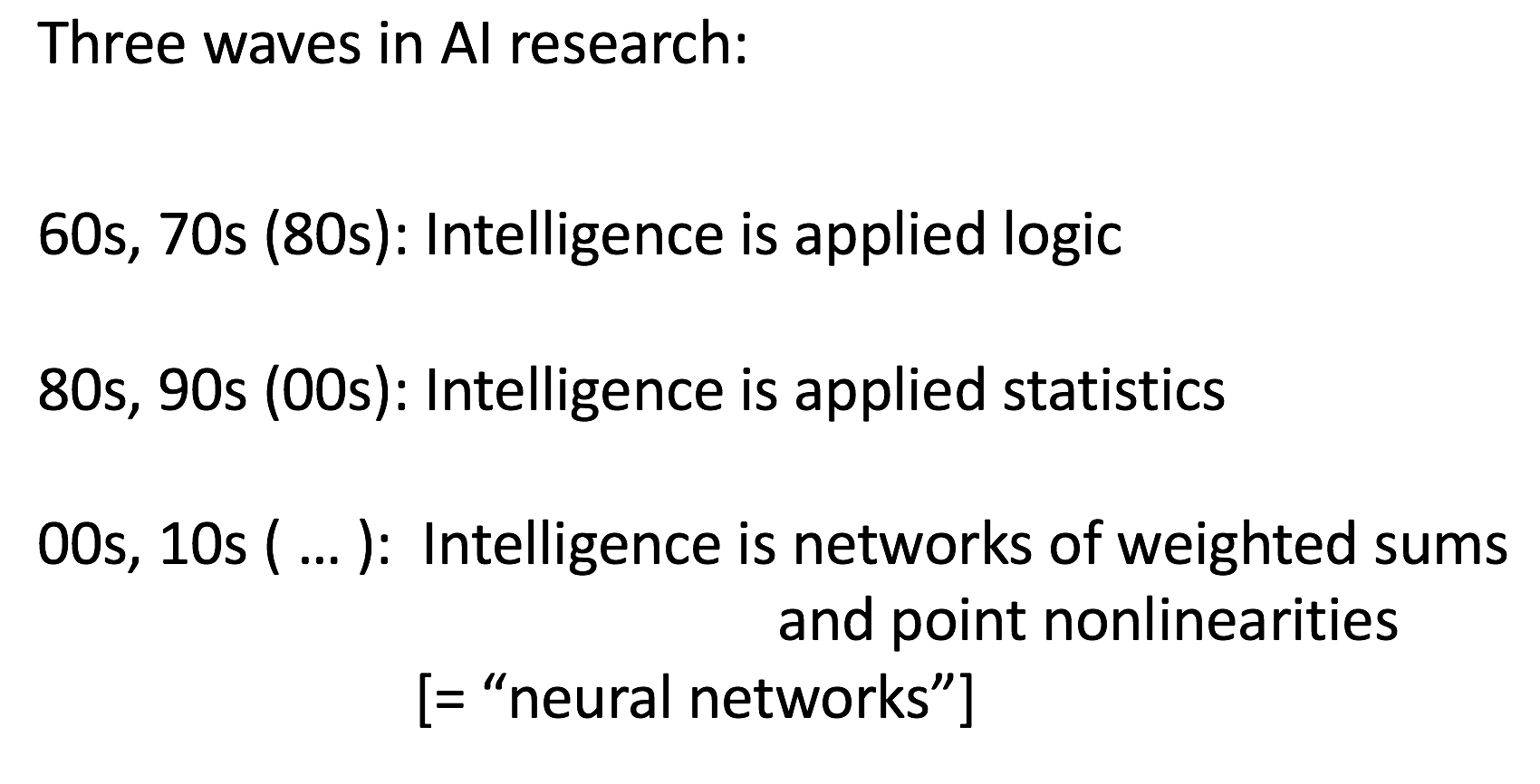Below is a guest post by Elisabeth Camp.
Mark posted part of a particularly linguistically juicy exchange from James Comey’s recent Senate testimony, in which Senator Risch “drilled down” on the “exact words” attributed by Comey to Trump, noting that Trump merely expressed his “hope” that Comey could “can see [his] way clear to letting this go, to letting Flynn go.” Risch then went on to suggest, without saying, that speakers can only be held legally accountable for what they explicitly threaten or claim, and not for mere expressions of hope:
Risch: He said, ‘I hope’. Now, like me, you probably did hundreds of cases, maybe thousands of cases, charging people with criminal offenses and, of course, you have knowledge of the thousands of cases out there where people have been charged. Do you know of any case where a person has been charged for obstruction of justice or, for that matter, any other criminal offense, where they said or thought they hoped for an outcome?
Comey: I don’t know well enough to answer. And the reason I keep saying ‘his words’ is I took it as a direction.
In a follow-up post, Mark linked to a discussion of a 1995 ruling by the National Labor Relations Board, which though not a criminal statute, held that the mere statement of an employer’s “hopes” can indeed have a “chilling effect” and “interfere with [an employee’s] exercise of rights.” But there are further grounds for challenge as well, including workplace law on sexual harassment.
Read the rest of this entry »


